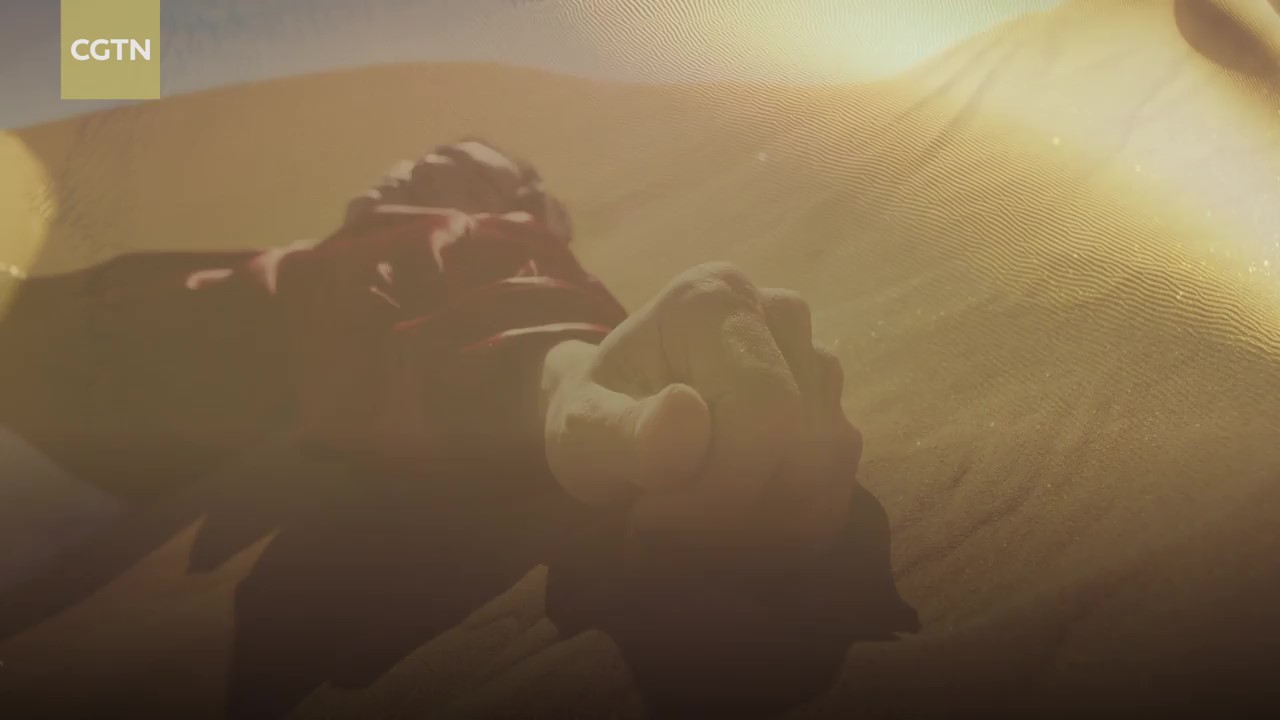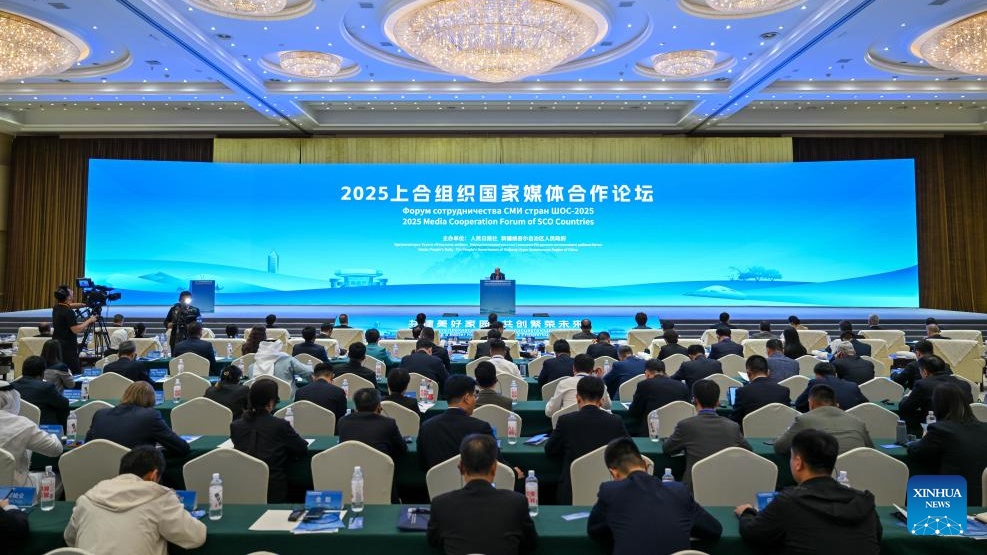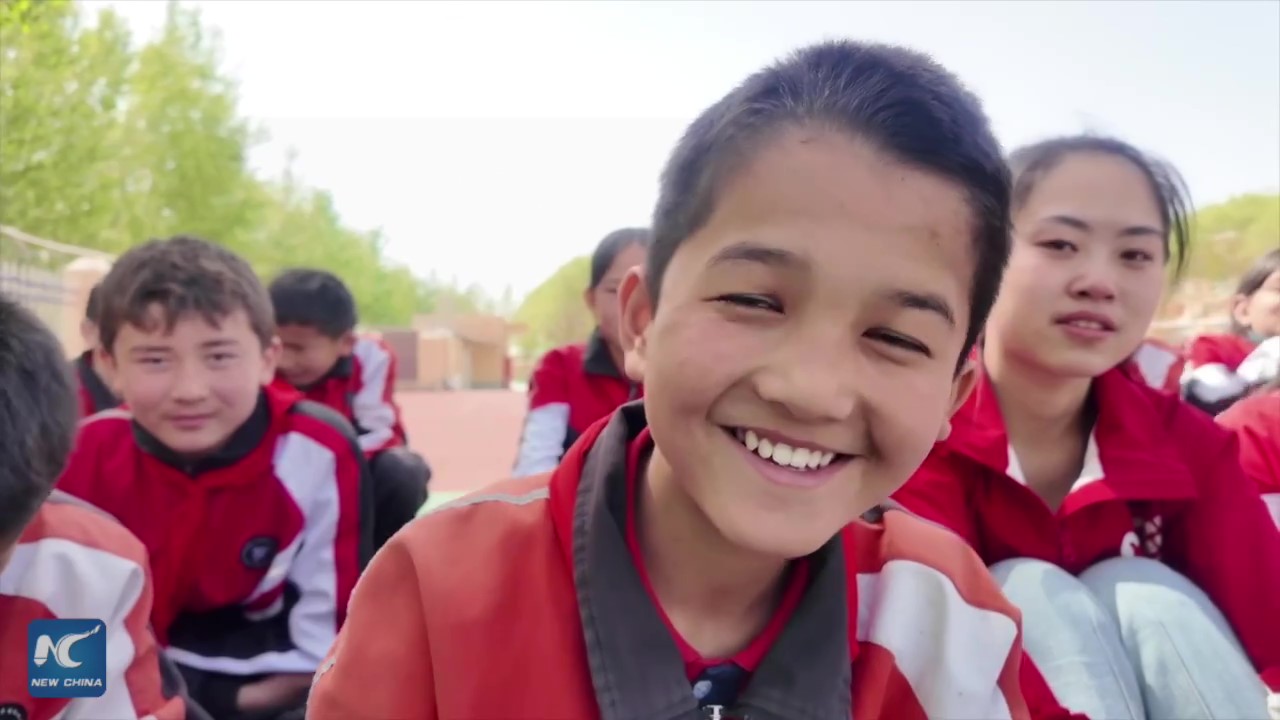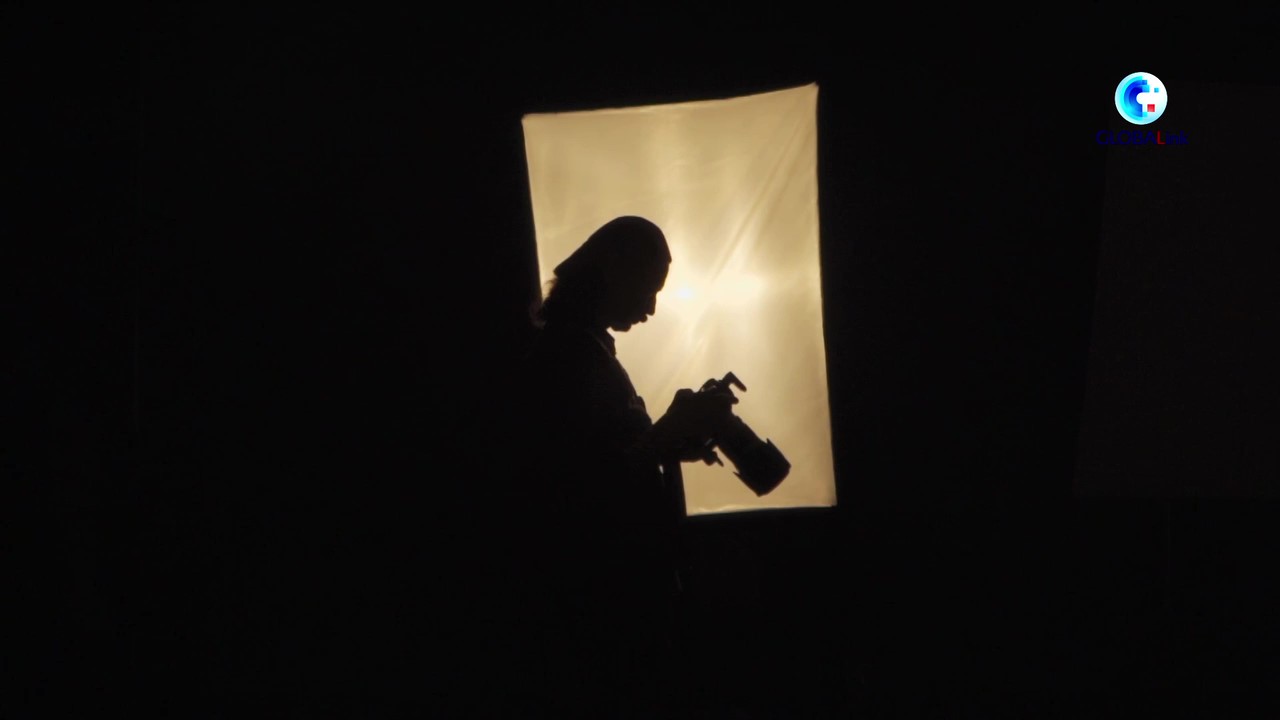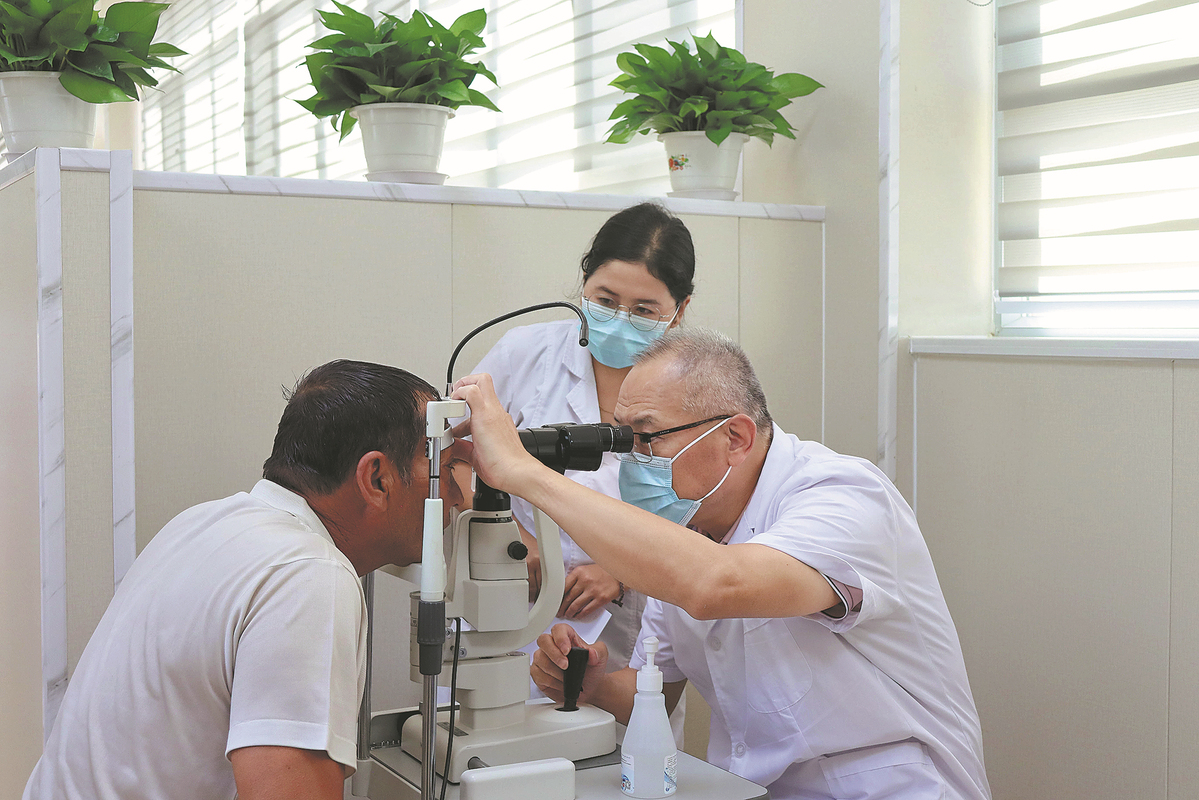
Kong Qingjian examines a patient's eye condition in Bachu county, Xinjiang Uygur autonomous region, in August. [Photo provided to China Daily]
Ophthalmologist Kong Qingjian leverages his expertise to treat patients with eye diseases in the Xinjiang Uygur autonomous region, bringing light and hope to people with visual impairment.
His ophthalmology expert workshop was unveiled last month at the Bachu County Hospital of Traditional Chinese Medicine in Kashgar prefecture.
Numerous people came for consultations. Kong used the latest instruments to examine each patient, inquired in detail about their medical history and provided advice.
Aynur Bagzat, a resident of a nearby town, said he went to several higher-level hospitals for eye problems but hadn't received good treatment. "I heard that the hospital upgraded its ophthalmic equipment and invited an expert from Shanghai. I came specifically for him and now I get a good treatment plan."
With about 40 years of experience in ophthalmology, Kong specializes in diagnosing and treating cataracts, glaucoma, myopia prevention and control and amblyopia. Before retirement, he was vice president of the Songjiang Hospital Affiliated to Shanghai Jiao Tong University School of Medicine.
In March, Kong signed a contract with the Bachu county hospital as an expert. After he arrived, Kong applied his experience to simplify the medical procedures in the hospital's ophthalmology department, establishing consistent protocols for patient visits and the documentation of outpatient medical records.
From June to September, he treated many villagers at their homes free of charge.
Kong said besides some common eye diseases, there are also patients with glaucoma and quite a few with optic nerve atrophy. Due to the large number of patients with hypertension and diabetes, there are also patients with retinopathy at Bachu.
"However, as there are a lot of outdoor activities for children and teenagers, it seems that myopia is less prevalent," he said.
Kong said remote areas such as Xinjiang have an urgent demand for ophthalmologists. "Young doctors are eager to have learning opportunities, but few people come to mentor them. Although the doctors have received short-term training in inland areas, they lack clinical experience. Therefore, they need experienced experts to provide them with technical guidance," he said.
Kong brought a few ophthalmology books and a retinoscope to the ophthalmologists at the hospital. He also gave academic lectures on the causes, diagnosis and treatment of retinal detachment, diabetic retinopathy and hypertensive retinopathy.
"I hope that through theoretical learning and practical experience, they can improve their ophthalmic expertise," he said.
Over the last seven years, he has visited remote areas of Xinjiang four times to provide nonprofit medical services for patients aged from one year old to 101 years old.
He said he remembers the 101-year-old Tajihan Akri, who received two cataract surgeries. Since the patient couldn't speak Mandarin, Kong learned about her condition from a nurse who helped translate. When the woman was discharged, she expressed her sincere gratitude, which comforted Kong.
During a five-day charitable event in Yecheng county of Kashgar in late July, Kong and other ophthalmologists conducted 206 cataract surgeries and three vitrectomies, with a success rate of 100 percent. Kong was also hired as the honorary director of ophthalmology at the Yecheng County People's Hospital during the event.
With high altitudes and strong ultraviolet radiation, Yecheng county has a high proportion of people suffering from cataracts and other vision impairments.
Outside the building, a seemingly endless line of people sat patiently despite the scorching heat of summer, waiting for their turn to see the doctor.
At the medical consultation site, Kong provided diagnosis and treatment, answered their questions, imparted health knowledge and guided the villagers to develop good habits. They received 1,723 patients at that time.
"If patients are still in need, I want to continue illuminating the path ahead for visually impaired patients," he said.
Contact the writers at chenmeiling@chinadaily.com.cn


.png)

.png)

.png)





